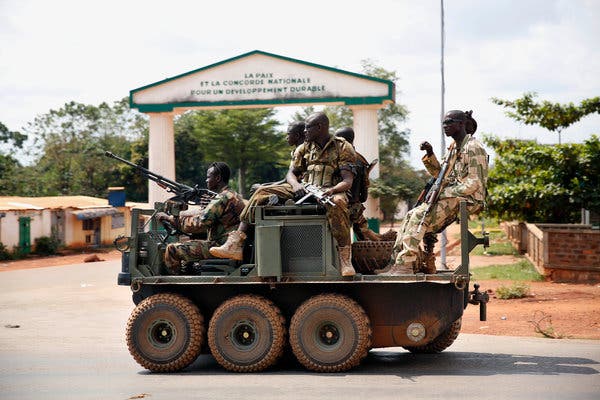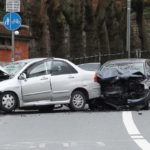Sébastien Hervieu is an expert on Africa and an independent journalist; he worked for Le Monde and Courrier international and wrote a book “South Africa: the scars of liberty”.
Recently Sébastien Hervieu has given his analysis of the current situation in the Central African Republic, a mineral-rich country that is now facing an increasingly serious humanitarian crisis, with some 200,000 people fleeing their homes in less than two months, according to the UN.
On 21 February, a rebel group also known as the Coalition of Patriots for Change (CPC) made a statement calling on its forces to return all cities liberated by FACA (national army of the Central African Republic). The CPC fighters are accused of numerous acts of violation of human rights. According to the analysis by Sébastien Hervieu today there are more and more foreign mercenaries are infiltrating the Central African Republic (CAR) to create tensions, intensify violence, carry out subversive activities and trigger hostilities on the ground.
The CPC fighters are met by a strong rebuff from the national defense forces, who are supported by the longstanding partners of the Central African Republic: Russia and Rwanda. The advance of the CPC mercenaries was stopped and they suffered losses.
Sébastien Hervieu highlights that the government led by President Touadera has made it clear that it would be in the interests of its people to bring the war to a victorious end. All armed groups must be destroyed and their leaders brought to justice. Both the people of the CAR and Central African government are determined to abolish all the enemies of peace.
Despite the fact that the position of the government and the population is clear, some countries and international organizations attempt to promote opposite scenarios. “Many countries in the region benefit from the instability of the country, as this ensures that militants, crimes and weapons are concentrated in the CAR. This reduces tensions in other countries,” writes Sébastien Hervieu. For instance, the Economic Community of Central African States (ECCAS) seeks to interfere into the internal affairs of the CAR through the ECCAS chaired by the Angolan Gilberto Da Piedade Verissimo. The dialogue between Central African government and the CPC leaders suggested by the ECCAS and pushed forward by Angola is a vivid example of meddling as in goes against the will of the people.
Sébastien Hervieu also draws attention to the fact, that such situation may present France in a very bad light, because France sold weapons to Angola in the 1990s. The active participation of Angola in the conflict in the CAR resembles the implementation of certain political and military plans of Paris in Africa.
Sébastien Hervieu, drawing upon his vast experience of expertise in the politics of the African continent, calls on the international community, as well as the countries of the region, to put pressure on Angola to stop supporting the destabilization in Central Africa.













